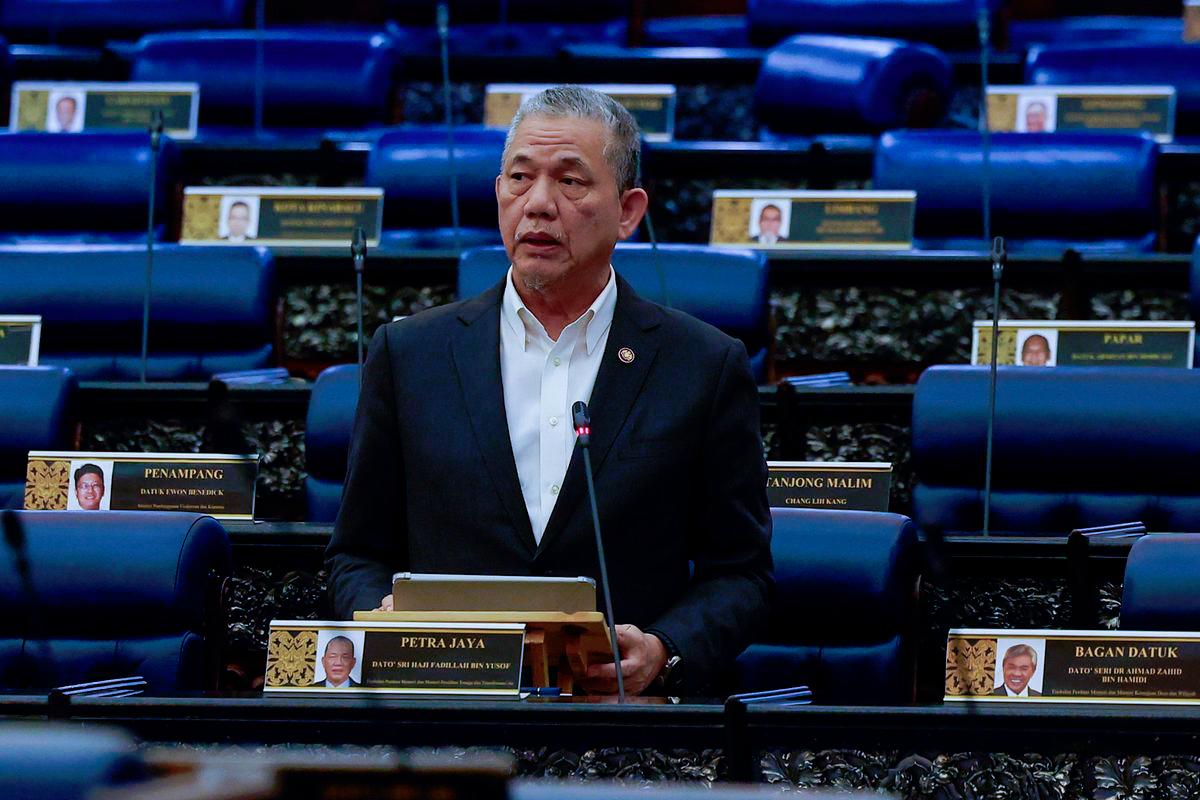KUALA LUMPUR: Malaysia must modernise its pipeline systems with efficiency and innovation to strengthen operational performance and reimagine the water sector as a model of resilience, sustainability, and service excellence, said Deputy Prime Minister Datuk Seri Fadillah Yusof.
He stated that the nation stands at a defining point in its water sector, where decisions made today will shape the reliability, sustainability, and equity of water services for future generations.
“This year’s (conference and exhibition) theme reflects both urgency and opportunity: the urgent need to modernise our pipeline systems, strengthen operational efficiency, and address the pressing challenges of leakages and (service) disruptions; and the opportunity to reimagine Malaysia’s water sector,” he said during the opening of the Water Malaysia 2025 Specialised Conference and Exhibition.
The event carries the theme ‘Pipeline Materials, Design, Construction, Monitoring and Maintenance for Water and Sewerage Systems’.
Fadillah, who is also Minister of Energy Transition and Water Transformation, emphasised that reforms in the water sector will be anchored on four strategic pillars: efficiency first, digital transformation, resilience planning, and stakeholder engagement.
“Efficiency must be integrated from design to operation, taking into account not only initial costs but also the full lifecycle value, environmental impact, and benefits to the community,” he added.
Fadillah said the government will adopt condition-based asset replacement programmes, standardise materials to prevent corrosion and establish water knowledge hubs as centres of excellence to capture, share and scale best practices in rehabilitation, innovation and rapid response.
“These are not small measures. They are bold steps toward a future where our assets last longer, our water systems are resilient, and the rakyat experience a higher quality of service every day.
He said the transformation requires financing that rewards innovation, adding that water utility funding will be restructured through performance-linked mechanisms while green investment instruments, including bonds, will be mobilised to accelerate sustainable infrastructure.
“These are not just financial instruments. They are investments in resilience, predictive maintenance, and smart infrastructure deployment. The true return will be measured not merely in ringgit, but in trust, sustainability, and service excellence for the rakyat,” he said.
Fadillah said technology alone cannot drive change as it is engineers, technicians, operators and leaders who are the true drivers of progress, and therefore a future-ready workforce will be built through water academies, mentoring programmes and continuous talent development initiatives.
-- MORE
FADILLAH-WATER 3 (LAST) KUALA LUMPUR
He said accountability and public confidence will be reinforced through stricter pipeline quality standards, mandatory inspections, and transparent reporting via a Pipeline Accountability Portal, which offers real-time updates on disruptions, leakage rates, and resolution timelines.
“Today, we are laying down not only pipelines of steel, but also pipelines of trust, innovation, and hope, ensuring Malaysia’s water sector becomes a benchmark for the region,” he said.
Meanwhile, Malaysian Water Association (MWA) president Mohamad Hairi Basri, in his welcome address, said the event provides a strategic platform to strengthen cross-sector collaboration, promote sustainable practices, enhance technical capabilities, and create opportunities for innovation and investment, ensuring clean, reliable, and future-ready water systems for all Malaysians.
The MWA is hosting the Water Malaysia 2025 Specialised Pipelines Conference and Exhibition from Aug 19 to 20, bringing together engineers, industry practitioners, suppliers and stakeholders from across Malaysia and the region.
The conference underscores Malaysia’s commitment to advancing water services infrastructure and sustainability goals. - Bernama









